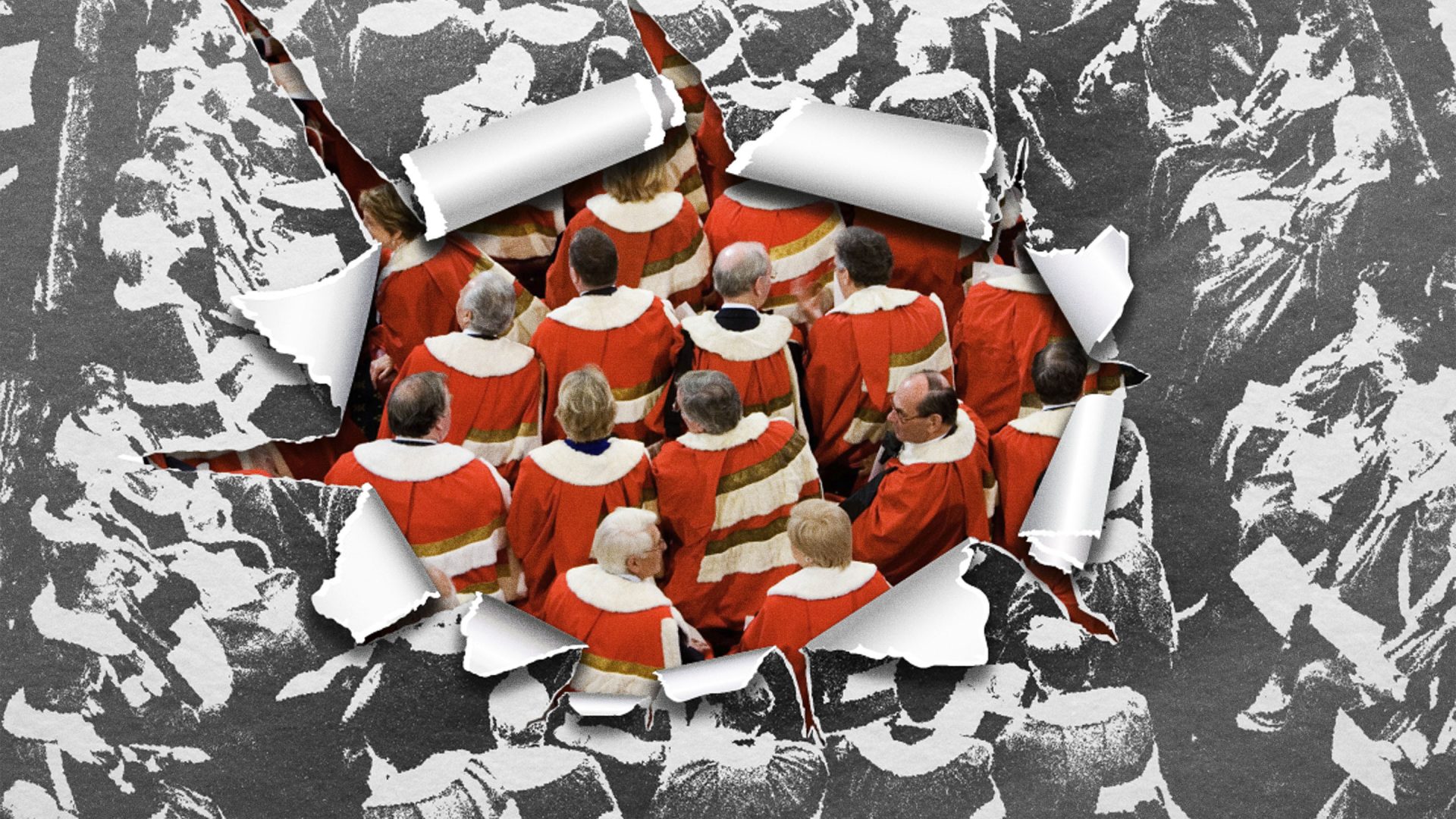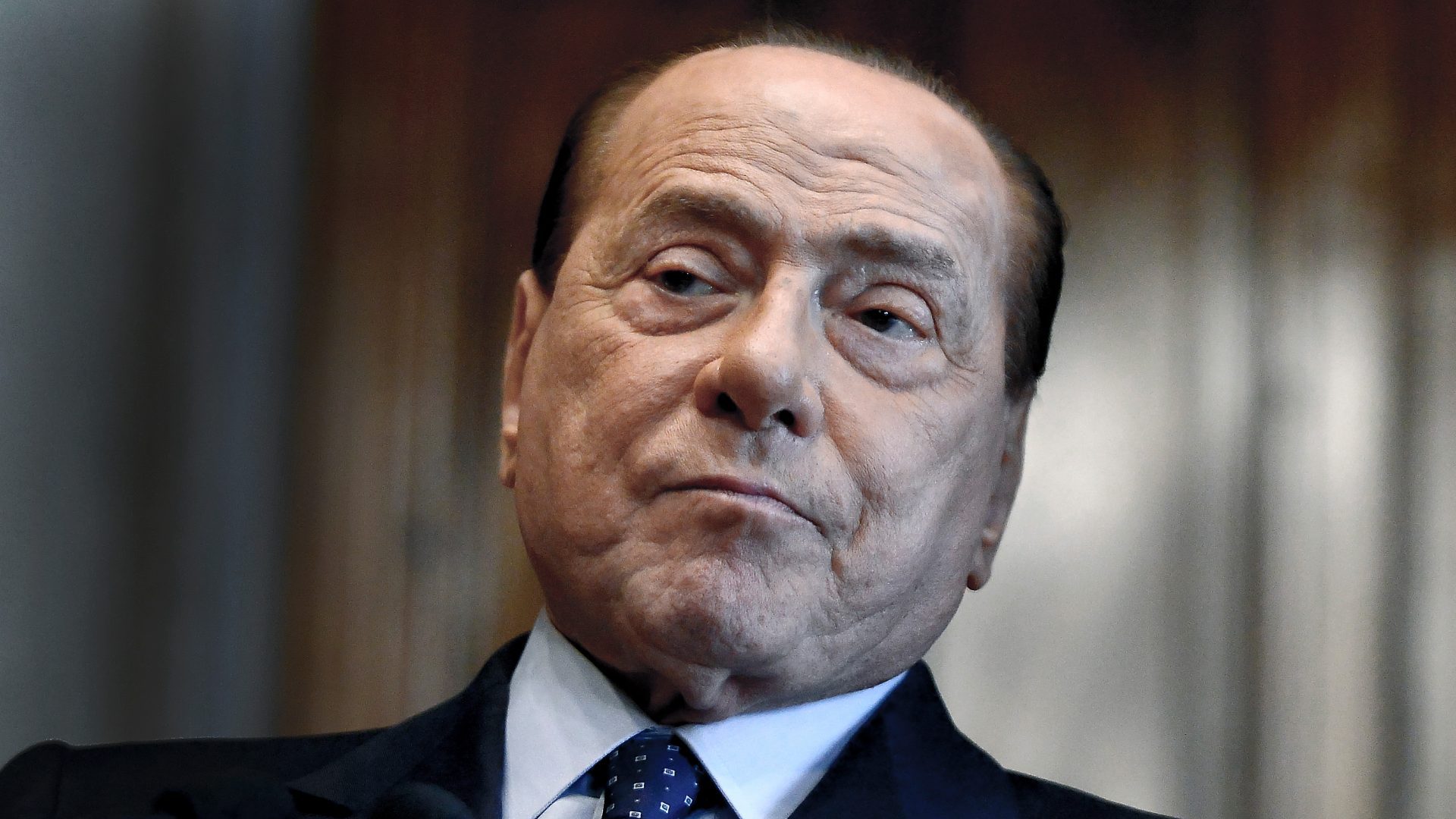The financial services sector is a huge part of the British economy, one of the UK’s very few world-class sectors and an exporting success story. It also pays around £75bn of tax each year.
Many of the funders of the Brexit campaign were wealthy, free-market, libertarian, right wing financiers, who wanted to get the government and regulators off their backs. They wanted London to be Singapore-on-Thames, which would churn out massive profits. As Guy Hands explained in these pages only a few weeks ago: “What Brexit was largely about was people at the top being able to employ the rest of the country for a lot less, and pay a lot less tax, and live in a different environment.”
But the Square Mile has been put at serious risk by Brexit itself. The Brexiteer argument now says that, because we are losing market share to the EU and New York, we must slash regulations and taxes – for the wealthy, that is.
See, for instance, the former head of the London Stock Exchange (LSE) Xavier Rolet, who told the Daily Telegraph that the only way to arrest the City’s decline was via a total “recalibration of the UK’s punitive fiscal and regulatory framework”.
These people supported Brexit because in the ensuing crisis they hoped to win the argument for a new City red in tooth and claw. Brexit would mean that this would be the only way forward. But instead, the Paris stock exchange is now the largest in Europe, having eclipsed the London Stock Exchange. London is still the largest financial centre, but it is losing business and jobs to those rivals.
Large companies are not bothering to float on the LSE. It is too small and parochial, and has too few investors willing to back high-tech start-ups and long-term risky ventures. Those firms are going to New York. London has lost almost all of its EU share trading business to Amsterdam, and 20% of its share of euro-denominated derivatives trading.
The EU also has its eye on London’s euro clearing business – this is the back-room plumbing of international finance, the behind-the-scenes work to arrange the transactions carried out by traders. Brussels wants financial activity denominated in euros to go into the eurozone.
To the Brexit ultras, this is the perfect reason why the UK must deregulate financial services and let the entrepreneurs off the leash. A Big Bang 2.0 was what they wanted; what they got were the so-called Edinburgh Reforms, named after the city where the then chancellor Jeremy Hunt announced them. They include:
- lifting the cap on bankers’ bonuses, brought in after the financial crisis of 2008;
- relaxing the “ring fencing” rules that are designed to keep investment banking separate from high street banking. Normally considered essential to avoid high street banks going bust because of speculative investment strategies (see the credit crunch);
- repealing and reforming EU rules dating from Britain’s membership and “building a smarter regulatory framework for the UK”. Although how and when is not clear;
- telling regulators that they must take into account the UK’s global competitiveness when writing new rules. Being under-regulated and riskier, what could go wrong?
Many of these changes were possible without Brexit. But abolishing rules, regulations, checks and balances is not a rational move. Britain’s financial sector has to do business in the EU, US, Japan and China, all of which have tough rules of their own. Watering down your own regulations is of very limited use when competing for foreign business.
On top of that, the City has, because of Brexit, lost the right to passporting in the EU. Passporting means that if you are regulated in one EU member state you are in effect regulated in all of them. But the UK failed to negotiate a continuation of this scheme after Brexit. Now, City based firms will either have to comply with the different requirements of individual member states or rely on something called “equivalence” – an agreement from the EU that your regulations, although not identical, are equivalent to their own.
The problem is that equivalence does not cover the whole range of financial services, and most importantly it can be withdrawn by the EU, at any time, with just 30 days’ notice.
To be brutal, if the UK did tear up its rule book, the EU would just cancel the equivalence agreements for financial firms based in the UK, meaning they could not operate in the EU – that would immediately cut away 40% of their business.
Brexit supporters seemed to forget that to do international business they have to follow other people’s rules, and that access to the EU was to a very large part dependent on the UK’s membership of the Single Market. Also, once outside the EU, they would be competitors and rivals, have no say on EU legislation, and their business on the continent would be carried out at the whim of the European Commission.
Considering that the City, its firms and staff contribute huge amounts to the Treasury’s coffers, and to the size and success of the British economy, this was a quite ridiculous act of vanity-driven self-harm.
But don’t worry too much about the demented fools who backed this madness, because they don’t worry about or even notice you. They are multimillionaires; they can live anywhere they want, and when they abandon the sinking ship they will take their money with them.




